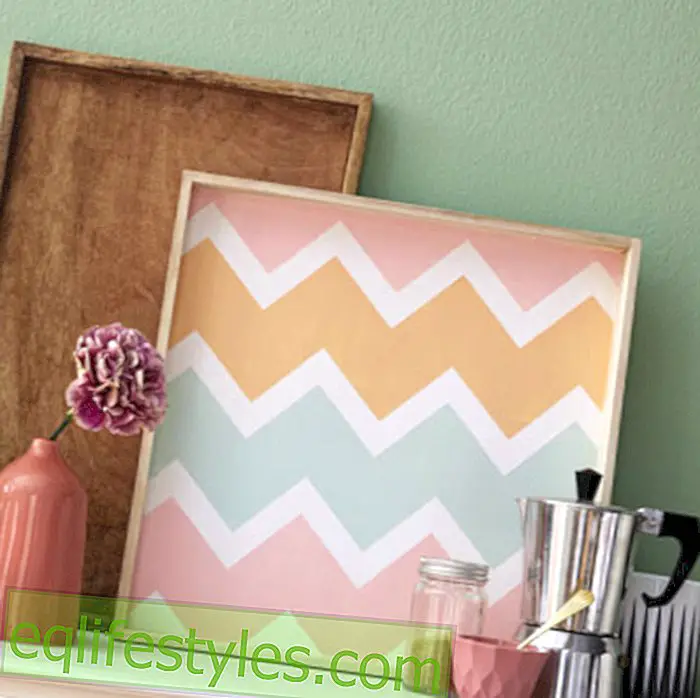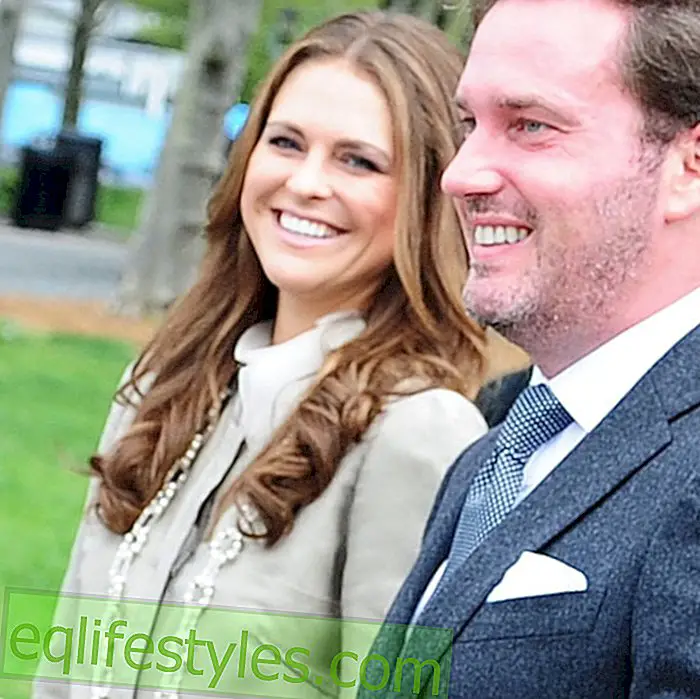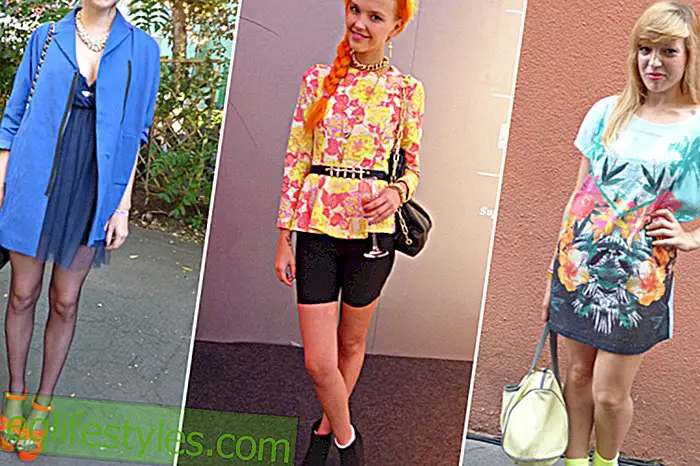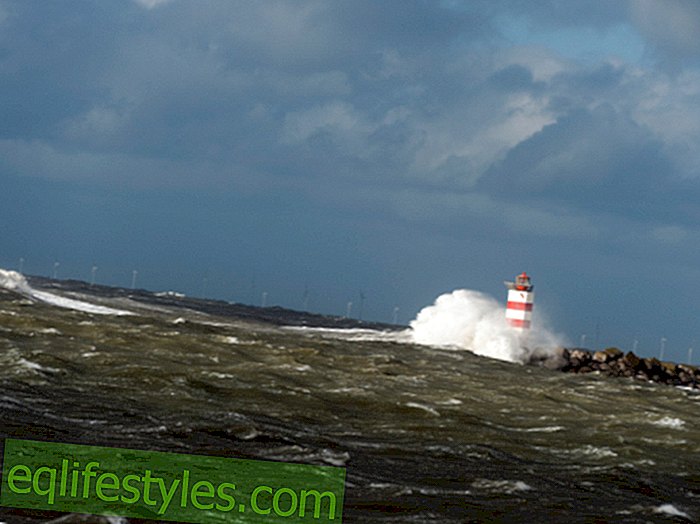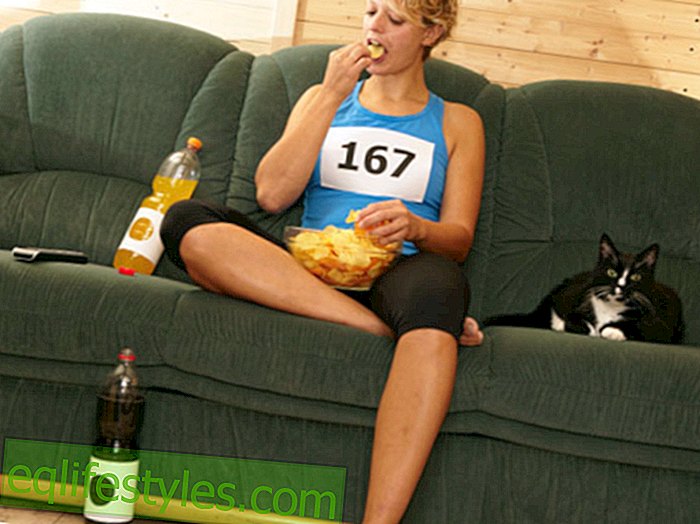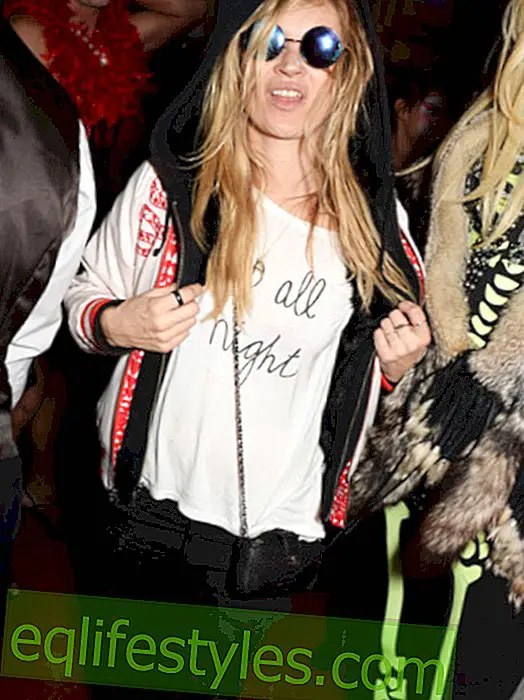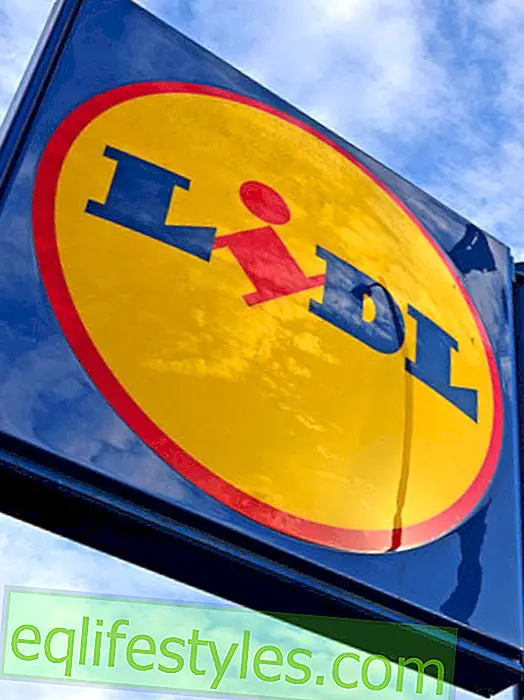
Photo: Getty Images
Lidl reacts: banned harmful chemicals
Clothes should not be dangerous to health! Lidl is now following up this request from Greenpeace. The Deal: In the future, chemical-free textiles will be produced.
Textiles at discount stores - can cheap goods really be good? Greenpeace also recently asked this question and tested children's clothing and footwear. Lidl was not only negative in terms of hazardous chemicals, but also in the categories of raw material use, social standards and recyclability.
Now Lidl is the first food discounter to respond to the poor outcome and signs a deal with Greenpeace, as announced on Wednesday. In the future, attention should be paid not only to health but also environmentally harmful additives in clothing. The restructuring takes place in several stages.
The deal with Greenpeace
The first step towards chemical-free textiles is already in 2015 and means transparency. By the end of next year, Lidl agrees to disclose the wastewater data to 80 percent of its suppliers.
2016 is acted: The discounter wants to banish the substance Alkylphenolethoxylaten from the textiles. With this request, Greenpeace protects aquatic animals for which the waste water contaminated with alkylphenols is toxic.
By 2017, not only the environmentally harmful, but also health hazardous perfluorinated and polyfluorinated chemicals are to be removed from the textiles. Greenpeace criticizes the use of these substances in clothing, as these can affect the immune system and reproduction.
Lidl relies on chemical-free textiles and sets a good example for other discounters. The deal with Greenpeace is the first step on the road to recovery.
